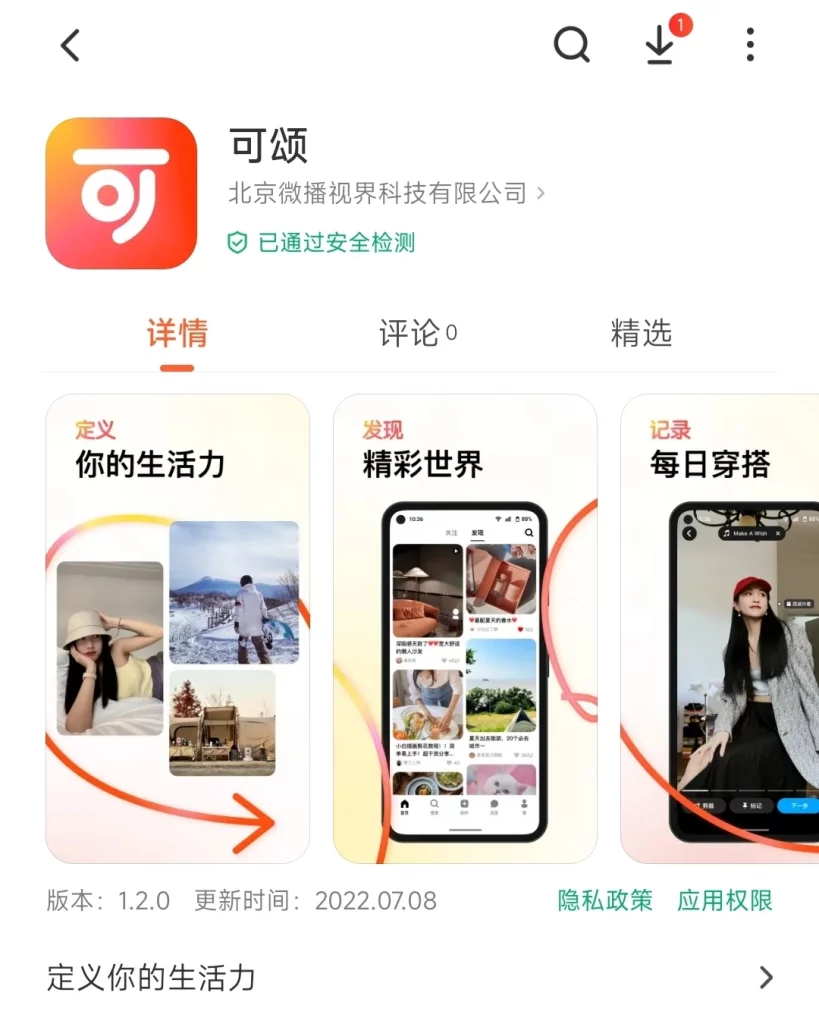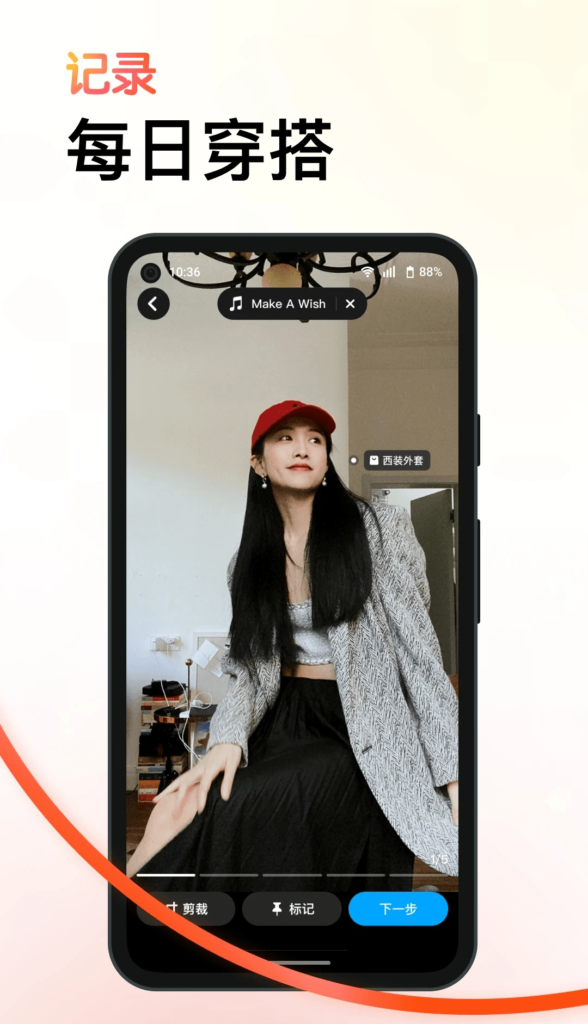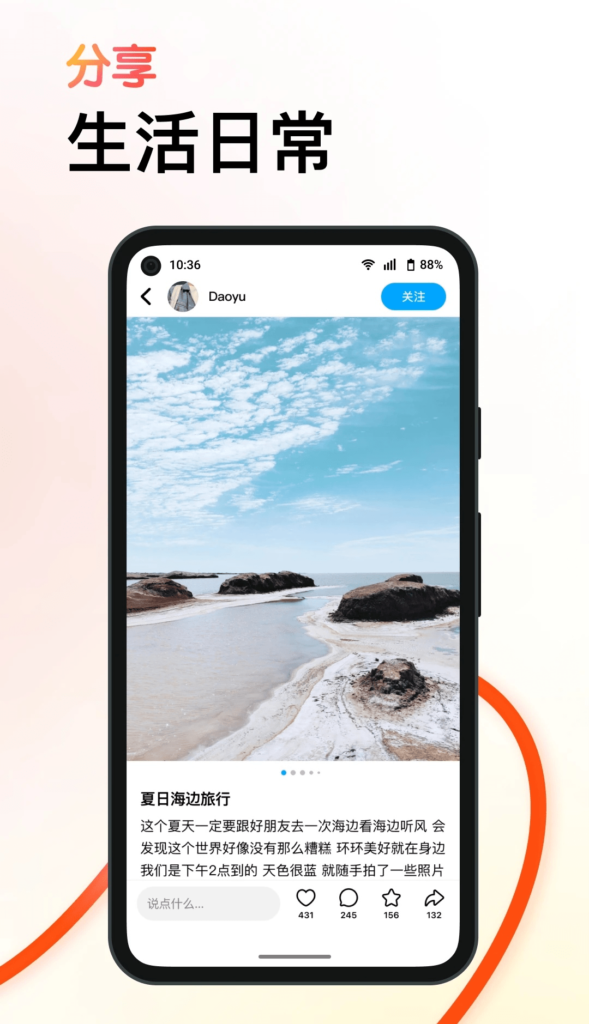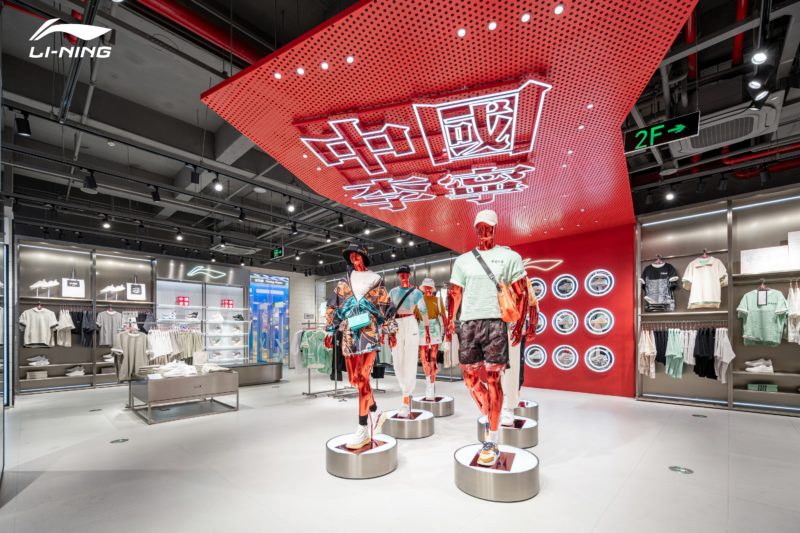Key takeaways:
- Chinese TikTok Douyin is rechallenging the “Zhongcao” business model with the launch of a brand-new independent recommendation app “Kesong”.
- The move is part of the video-sharing platform’s bigger layout in an omnichannel interest-driven e-commerce ecosystem.
- While “Zhongcao” opens the door for content-oriented platforms to tap into China’s e-commerce fever, it should not be done in a way that compromises user experience.
Despite their short-lived first attempt at a “Zhongcao” content app, Xin Cao (New Grass), ByteDance-owned Chinese viral short video platform Douyin can’t let go of the “Zhongcao” business, which literally means “planting grass”. It is the effect of when a person sees something owned by someone close to them which makes them want to buy it. In other words, a process of peer-to-peer recommendation.
The term has become a popular Internet slang and commonplace, particularly, on China’s content platforms, such as Xiaohongshu, China’s largest lifestyle sharing platform, which is also regarded as a pioneer of this business model. The first attempt by Douyin to take on Xiaohongshu was in October 2018, but the new-venture Xin Cao failed prematurely and saw operations terminated in August 2019, due to what is believed “an incompatibility between ByteDance’s content distribution and the recommendation-based ecosystem”.
Kesong is a “Zhongcao” app that bears resemblance to Xiaohongshu with the app positioning centred around “a lifestyle community for the young”.
Preparing for the rechallenge
In the face of the setback, Douyin has been carrying on the spirit of “Zhongcao”, incorporating picture-and-text-based recommendation content into its video-sharing space, realising an all-around content ecosystem in 2021 integrating live streaming, short videos, images, and text. This has enabled Douyin to continue trialling the “Zhongcao” feature internally at a lower cost while preparing for the rechallenge. The appetite for the new plug-in turns out to have boosted Douyin’s confidence with their ambition and “Zhongcao” relevant hashtags have so far garnered over 120 billion views on the platform.
And now Douyin is back in the game with another brand-new recommendation app known as “Kesong”. The independent “Zhongcao” app bears resemblance to Xiaohongshu with the app positioning centred around “a lifestyle community for the young”.




A monetisation treasure trove
But why is Douyin eyeing “Zhongcao”? The short answer is monetisation. Content-driven recommendations have become a key to spurring consumption in China’s e-commerce landscape. 80% of users who consumed “Zhongcao” content went on to complete a purchase within a week, 74% would buy products introduced to them in this way and 67.8% believe “Zhongcao” content plays a big part in their final purchases, as per a report by Topkout.com, a Chinese third-party data analysis platform. This has shown the marketing value of “Zhongcao”, or content consumption, in commercialisation.
Content-driven recommendations have become a key to spurring consumption in China’s e-commerce landscape.
The significance of such a concept to Douyin also lies in the platform’s bigger layout in an omnichannel interest-driven online shopping ecosystem. This is in response to the evolution of China’s e-commerce, where “products are looking for buyers”. As a result, helping consumers discover their potential consumption needs through content related to their personal interests comes as a key to further unleashing their spending power, which is also the nature of the “planting grass” expression, therefore, becoming an effective monetising tool.
Be aware of crossing the line…
However, being a commercialised device, “Zhongcao” has its own limitations. What makes “Zhongcao” favourable over traditional commercials is its authenticity enabled by ordinary users’ in-person experience and individual endorsements bringing about trust to potential shoppers, further encouraging consumption. Having said that, it is often difficult to draw a clear line between real “Zhongcao” and an advert, which can fall into the trap of “being too promotional”, which will inevitably impact the overall conversion rate.
Finding a balance, which could be nuanced, between commercials and original engaging content is at the core of “Zhongcao”.
In fact, with Douyin doubling down its efforts in building up e-commerce, concerns that have arisen is that they are losing its value as a content platform. Users are complaining that interest-based content, which Douyin used to take pride in, seems to be taken over gradually by advertising making the platform less entertaining.
The message this public sentiment indicates is although the “Zhongcao” model opens the door for content-oriented platforms to jump on the country’s e-commerce bandwagon, it should not be done in a way that compromises the user experience. Therefore, finding a balance, which could be nuanced, between commercials and original engaging content is at the core to pull off a successful transition from an entertainment content platform to e-commerce space.









